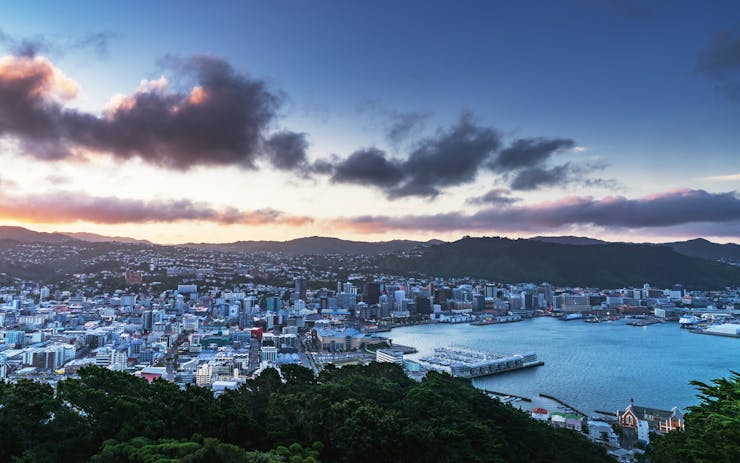Australia’s moves to legalize medical cannabis last year were unexpected, but despite a difficult regulatory framework early on, investors are eagerly moving into the space. But Australia now faces competition close to home as New Zealand races to catch up with—and possibly outpace—its larger neighbor.
Late last year, New Zealand Health Minister Peter Dunne removed the requirement for Ministry of Health approval to prescribe the popular medical cannabis product Sativex for multiple sclerosis. Last week, Dunne announced on the New Zealand government’s official website (called Beehive) that he has delegated all decision making around cannabis prescriptions to his ministry.
New Zealand divides medical cannabis products into three categories: pharmaceutical-grade products with consent for distribution in New Zealand (like Sativex, but only for multiple sclerosis), pharmaceutical-grade products that do not have consent for distribution in New Zealand (medicines not yet approved), and non-pharmaceutical-grade cannabis-based products (such as raw cannabis flower).
Until recently, the health minister’s personal approval was required for every cannabis-related prescription. The revision last year means that doctors are now able to prescribe Sativex without any approval from the ministry. Last week’s announcement streamlines the process for access to the other categories by delegating to employees of the ministry the power to approve applications if they meet certain guidelines. Guidelines are still very strict for non-pharmaceuticals, which are only considered for life-threatening conditions.
Like the Australian government, the New Zealand government is experiencing significant pressure from patients. Last year a high-profile former union leader Helen Kelly, who used cannabis to manage pain associated with her terminal cancer, died of the disease. Kelly had called for decriminalizing medical cannabis. Although she didn’t achieve full decriminalization, she helped sway public opinion on this issue. Recent polls show that 76 percent of New Zealanders now support safe, legal access to medical cannabis.
To that end, Dunne’s decision to remove some of the red tape from the path to patient access is a step in the right direction.
Dunne plans to follow up directly with the New Zealand Medical Association. “It is my intention to write … to the New Zealand Medical Association and the Pharmacy Society of New Zealand outlining my decision and my ongoing expectation that medical professionals consider the prescribing of cannabis-based products with an open mind,” he said, adding that he also intends to create a list of internationally available, pharmaceutical-grade cannabis products.
But the recent reforms, while helpful, aren’t exactly a giant leap into the future. Dunne’s political party, the National Party, has previously voted against cannabis law reforms. The ascendant Green Party, on the other hand, has said it will legalize cannabis for adult use.
While New Zealand doesn’t grow cannabis yet, Australia’s licensing scheme has caught the attention of scientists such as Dr. Mike Nichols, who has called on the New Zealand government to institute a similar scheme. New Zealand’s agricultural know-how, and fertile, isolated islands could give it an incredible advantage as a cannabis producer. With public opinion swinging hard towards legalization, and clinical trial results from around the world flooding in, this little corner of Asia-Pacific could soon become a hotbed of competition.





